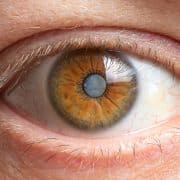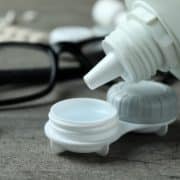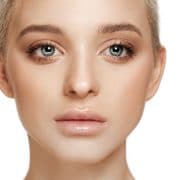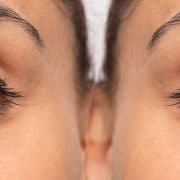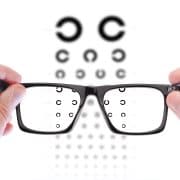How to Prevent Cataracts Naturally
There’s nothing more frightening than losing your eyesight. If you have cataracts and don’t get them treated, they can, in fact, cause you to go blind. That’s why it’s so important to see your optometrist in Jessup, GA, annually.
The doctor will monitor your eyesight so they can detect and provide cataract treatment in Jessup, GA, as soon as they begin rather than waiting until those issues have caused irreversible damage. The good news is that there is something you can do to help prevent cataracts naturally.
How to Prevent Cataracts Naturally
Here is what you can do to help keep from getting cataracts.
Quit Smoking
If you smoke more than 15 cigarettes a day, you are at a much greater risk of developing cataracts later in your life. So, if you smoke, it’s to your benefit to try and quit.
Protect Your Eyes from the Sun
There is some correlation between long-term exposure to ultraviolet light and the development of cataracts. So, if you spend a lot of time outdoors, please talk with your eye doctor about the best way to protect your eyes while you’re outside.
Schedule Regular Eye Exams
Your eye doctor will perform a comprehensive eye exam annually. Cataract testing is performed every two years. After the age of 65, you should have a cataract exam each year.
Properly Manage Cataract Causing Medical Conditions
If you have high blood pressure, diabetes, chronic kidney disease, or are obese, it’s important that you manage those conditions to help avoid cataracts. Make sure you keep your blood sugar under control, eat a healthy diet, exercise, and lose weight.
Consume Antioxidant-Rich Foods
Consuming antioxidant-rich foods like yellow and dark, leafy green vegetables. The lutein and zeaxanthin they contain will lower your risk of developing cataracts.
Increase Your Intake of Omega-3 Fatty Acids
Getting enough omega-3 fatty acids will help your body fight inflammation. Omega-3 fatty acids can be found in seafood, walnuts, and flaxseed. The more omega-3 fatty acids you consume, the lower your chances of developing cataracts are.
Looking for an Optometrist in Jessup, GA?
Follow the steps above to try and keep from getting cataracts. Then, make sure you schedule annual exams so your eye doctor can catch and treat any issues early. Please Contact Vision Source Family Eye Care today. We want to help you keep your eyes shining clear and bright.


